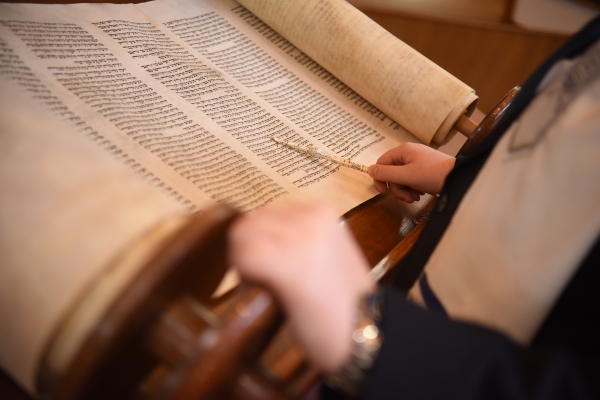When Is Mishpatim Read?
/ 27 Shevat 5786
/ 29 Shevat 5787
/ 29 Shevat 5788
Summary
- Interpersonal laws ranging from the treatment of slaves to the exhibition of kindness to strangers are listed. (21:1-23:9)
- Cultic laws follow, including the commandment to observe the Sabbatical Year, a repetition of the Sabbath injunction, the first mention of the Three Pilgrimage Festivals, rules of sacrificial offerings, and the prohibition against boiling a kid in its mother's milk. (23:10-19)
- The people assent to the covenant. Moses, Aaron, Nadab, Abihu, and seventy elders of Israel ascend the mountain and see God. Moses goes on alone and spends forty days on the mountain. (24:1-18)
More Mishpatim Commentaries
- “Don’t Delay”
- Beyond Welcoming The Stranger
- The Enslavement of Debt, Then and Now
- Does the World Need More Love or Justice?
- A Continuity of Law that Values the Needs of the Community
- Learning from the Imperfection of Religion
- Mishpatim for Teens: Shabbat Sha-raps
- The Moral Imperative of the Stranger
- The Roots of the Amicus Brief
- Rules and Regulations
Video: Learn More About Parashat Mishpatim With Bim Bam
People of the book - dive in to a video! Author and professor David Henkin talks about the act of writing in this week's Torah Portion in an attempt to discover what we need books for, anyway. Enjoy this video and others from Bim Bam.
Listen to Podcasts About Parashat Mishpatim
Listen to Rabbi Rick Jacobs discuss Parashat Mishpatim in these episodes of his podcast, On the Other Hand: Ten Minutes of Torah.
Mindfulness, Being Present and Having Heart
Image:



Ten Minutes of Torah: Mishpatim Commentary
Extending Ourselves for Our Communities
By: Rabbi Jessica Kirschner
This week's parashah, Mishpatim, is about law on a much more human scale. It's the difference between the Declaration of Independence and the articles and amendments of the Constitution - a vision statement versus a roadmap.
Continue Reading